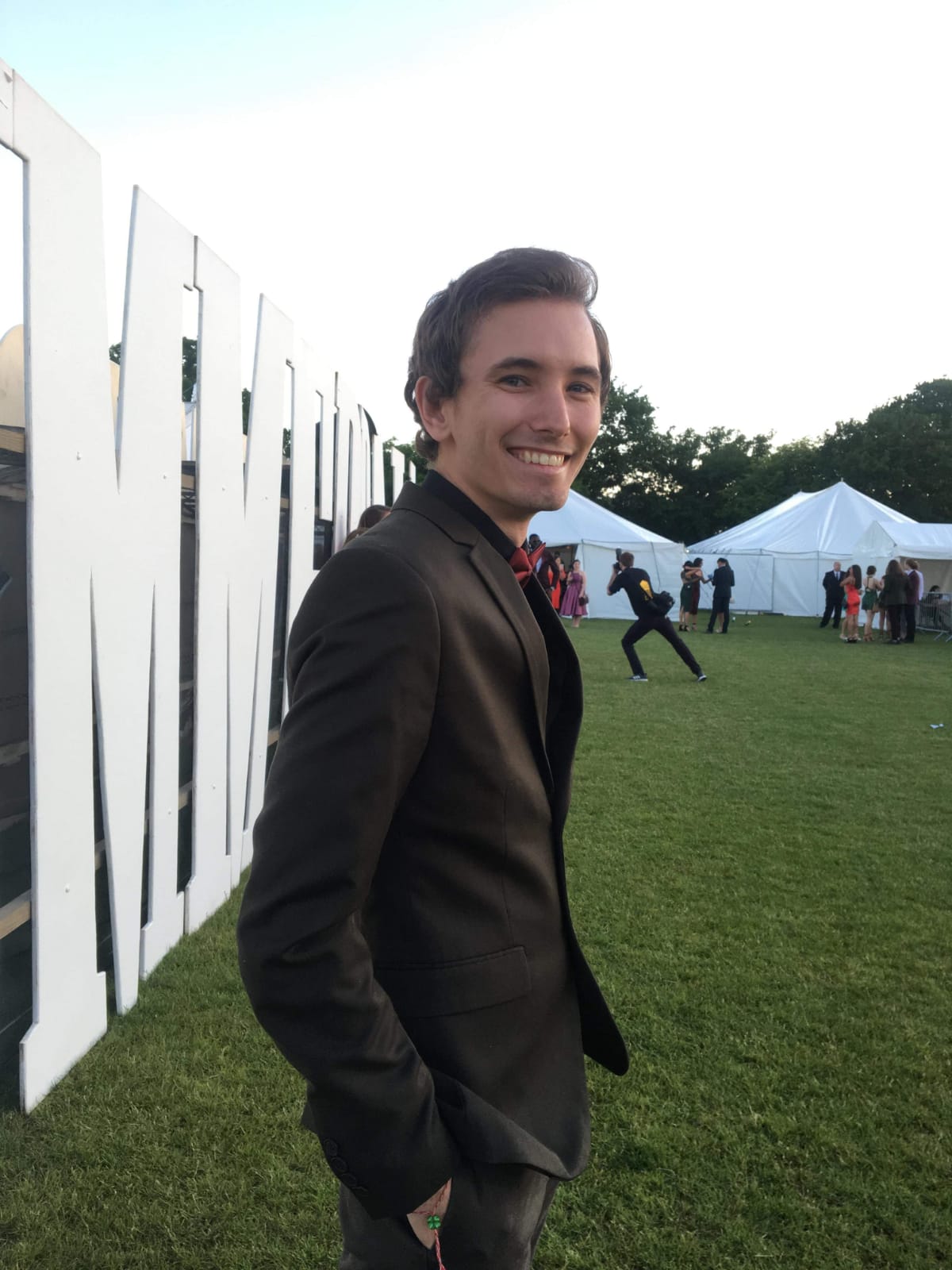
What is your name?
Dragos Gruia
Where are you from?
Romania
To which class you belong to?
MSc Translational Neuroscience, Class of 2020
Where and what did you study before joining Imperial College London?
I studied Psychology with Cognitive Neuroscience at the University of Essex
How did you find your Master experience at the College?
My experience at Imperial has been a unique and enriching one. I knew I wanted to be a researcher before starting the MSc, but many aspects of neuroscience were still relatively new to me, mostly due to my background in psychology. The wide breadth of topics covered in the course allowed me to explore the field. It has also led me to an area of research that I love, but that I never considered before starting my course. More specifically, it led me to neuroimaging research and computational neuroscience, which I now hope to pursue during my PhD. In addition to this, I met many fantastic people which I now consider close friends, and whose paths I am very excited to watch unfold
Which research project did you work on?
I worked on a computational project. I analysed fMRI data from a large sample of participants, focusing on resting-state and task-driven dynamics. I used brain connectivity estimates to explain individual differences in individual intelligence using a machine learning approach. This involved exploring different types of connectivity (functional vs effective) and different fMRI paradigms (resting-state vs task-related designs), and assessing which one is most predictive of intelligence and why.
Where are you now?
I am at Imperial College London where I am currently pursuing a PhD in the Department of Brain Sciences
What are you working on?
My thesis focuses on longitudinally mapping cognitive deficits in stroke patients. The over-arching aim to is design and develop a clinical tool that can be used in the NHS acute stroke clinics, in combination with brain imaging metrics, to guide (and hopefully improve!) rehabilitation
What is the most important lesson you learnt as a Master student?
The most important lesson I learnt is to work independently. Throughout the 6-month thesis, I was given a lot of freedom in choosing the analyses to run. This meant that I often needed to use my own judgement to come up with suggestions and modifications to the experiments, based on my literature review. These suggestions were often presented to my supervisors, and we all convened to a final decision in a joint meeting. This was very different from the typical dynamic where the PI tells you what to do, and you simply do it. Admittedly, it was somehow challenging at first, as I was new to computational neuroscience. But now I realise how lucky I am to have gained this skill and how key this is to become a young researcher
How did the Master programme help you get to where you are now?
If it were not for the MSc programme, I probably would not have given computational neuroscience a try, thus missing out on an area I now find fascinating and that I rely on for my PhD heavily. Also, I would have never obtained the research position at Imperial that I currently hold. I am extremely pleased with where the course has taken me so far, and I am excited to see where it will take me next!